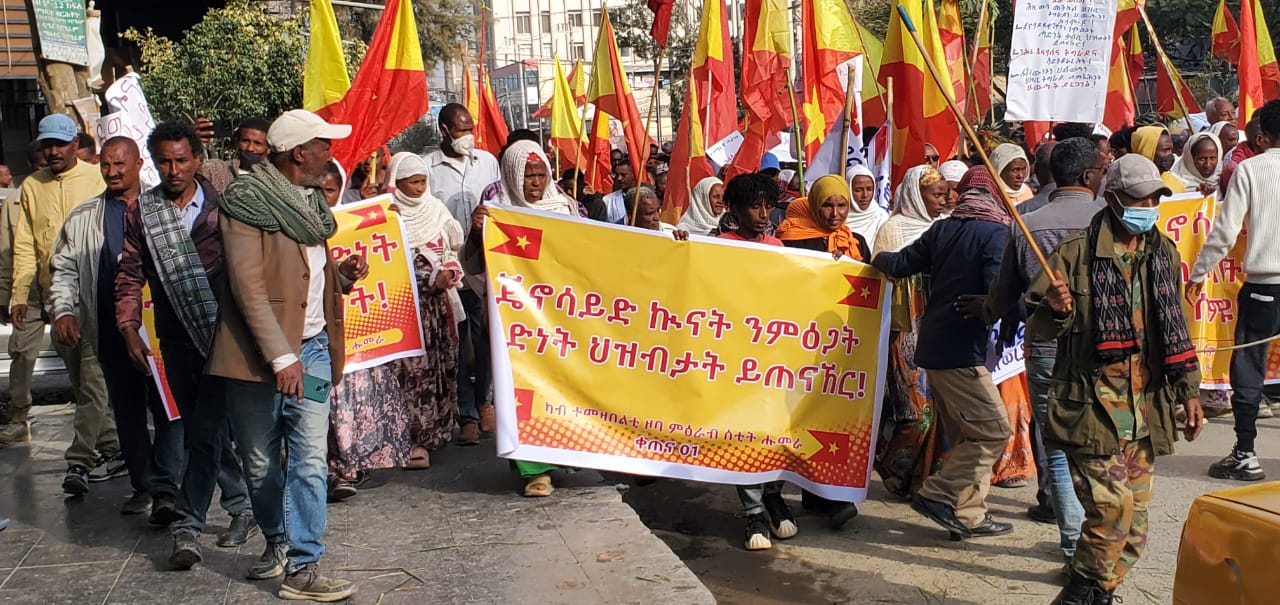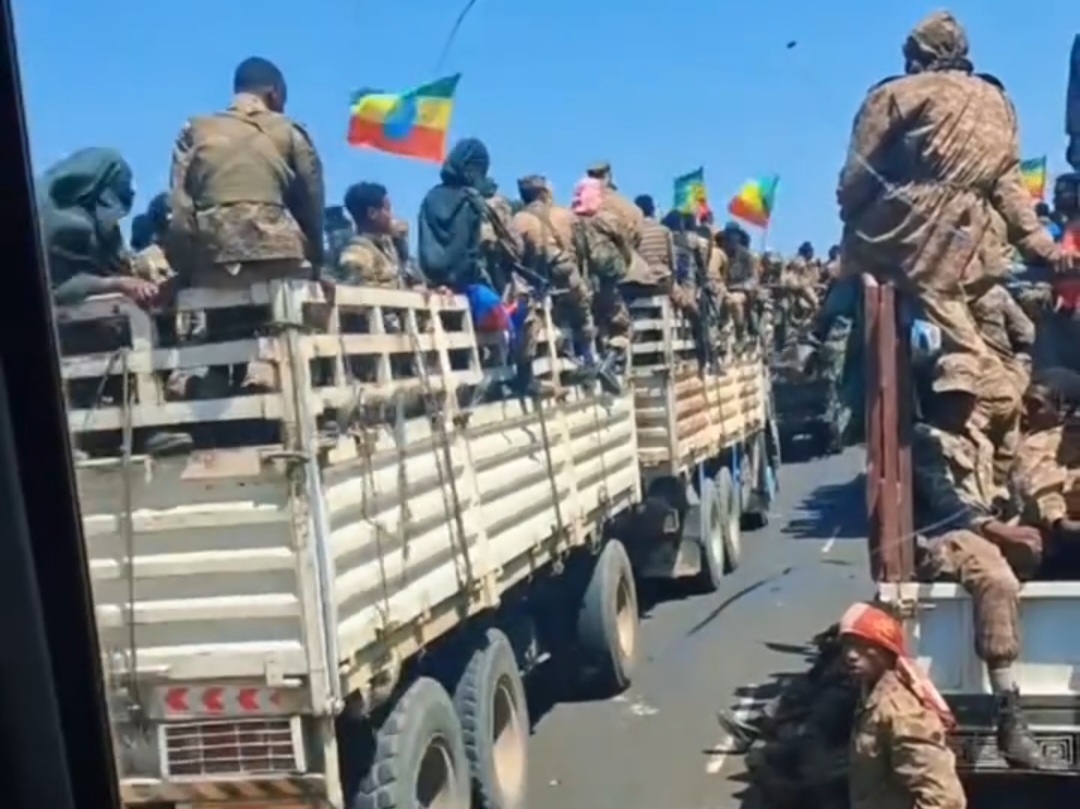By Dr. Yonas Workineh
In one of the deadliest recent attacks on Ethiopia’s Orthodox Christian community, more than 25 worshippers were killed and several others injured in the Arsi Zone of Oromia Region.
The victims are members of the Ethiopian Orthodox Tewahedo Church, were reportedly attacked by armed men while returning from church services and farm activities in late October and early November.
Local church officials described the assaults as “brutal and targeted,” saying the victims were executed in front of their families and homes burned.
Despite mounting evidence and testimonies from residents, the regional government has not yet acknowledged the incident, sparking public outrage.
Ethiopia, often regarded as the cradle of ancient Christianity, is one of Africa’s most devout countries.
Orthodox Christianity accounting for more than half of the nation’s population, alongside large Muslim and Protestant communities.
The recent killings, therefore, represent not just a humanitarian tragedy but a potential spark for deeper division in a nation already strained by political unrest and economic struggles.
The Arsi Attacks
Church sources and local media reported that the violence unfolded across several districts of Arsi Zone, including Shirka and Merti woredas. According to reports from the Arsi Diocese, gunmen stormed villages such as Hela Zibaba Kebele and Gado locality, killing worshippers, abducting children, and looting homes.
On October 28, three people were killed and four kidnapped in Shirka district. Days later, on November 3, another attack in Merti district left at least five more Orthodox believers dead and three missing.
Local priests confirmed that victims were targeted because of their faith, describing the attacks as part of a recurring pattern of persecution.
“These were not random killings,” said one church official, requesting anonymity for safety reasons. “They came for Orthodox Christians specifically. The people were gathered in their homes after prayer when the shooting began.”
Unclear Accountability and Government Silence
The identity of the attackers remains unclear. Church sources and local residents have accused the Oromo Liberation Army (OLA), a rebel group active in the Oromia region, of orchestrating the massacres.
The OLA has long been engaged in conflict with the federal government, and both sides have exchanged accusations over civilian deaths in the region.
However, the Oromia regional administration has publicly denied reports of any security crisis in Arsi, while the federal government in Addis Ababa has remained largely silent.
An opposition coalition has since called for an international investigation, citing government negligence and lack of transparency.
“The state’s failure to protect its citizens and its unwillingness to acknowledge the killings only worsen the crisis,” said a joint statement from opposition parties released earlier this month.
An Inflammatory Issue in a Divided Nation
The growing pattern of attacks on Orthodox Christians, particularly in Oromia, is inflaming an already fragile national atmosphere.
The Orthodox Church, which has deep historical and cultural roots in Ethiopia, now finds itself under siege in several regions where political and ethnic violence are spreading.
Analysts warn that if such incidents continue, they could further destabilize the country. “When religion becomes a target in Ethiopia, it’s not just a faith issue — it’s a national identity issue,” said one political analyst in Addis Ababa. “Attacks like these threaten to tear apart the very fabric of Ethiopian society.”
Calls for Justice and International Attention
The Ethiopian Orthodox Tewahedo Church has condemned the killings, calling on the government to ensure justice and protection for its followers.
In a recent statement, church leaders said, “The silence of authorities in the face of repeated massacres of Orthodox Christians is unacceptable. We demand immediate investigation and accountability.”
Human rights organizations and international observers are urging the Ethiopian government to address the violence and prevent further religious persecution. Many fear that ongoing denials could embolden perpetrators and deepen distrust between communities.
As Ethiopia grapples with multiple security crises — from ethnic conflicts to economic struggles — the Arsi massacre stands as a grim reminder of how vulnerable ordinary citizens have become.
For many Orthodox Christians, faith remains a source of hope and resilience, but also a reason for fear.
What began as isolated violence has now evolved into a disturbing pattern that threatens Ethiopia’s fragile coexistence among faiths. Unless swift action is taken, the killings in Arsi Zone could mark the beginning of a new and more dangerous phase of instability in one of Africa’s most religious nations.



